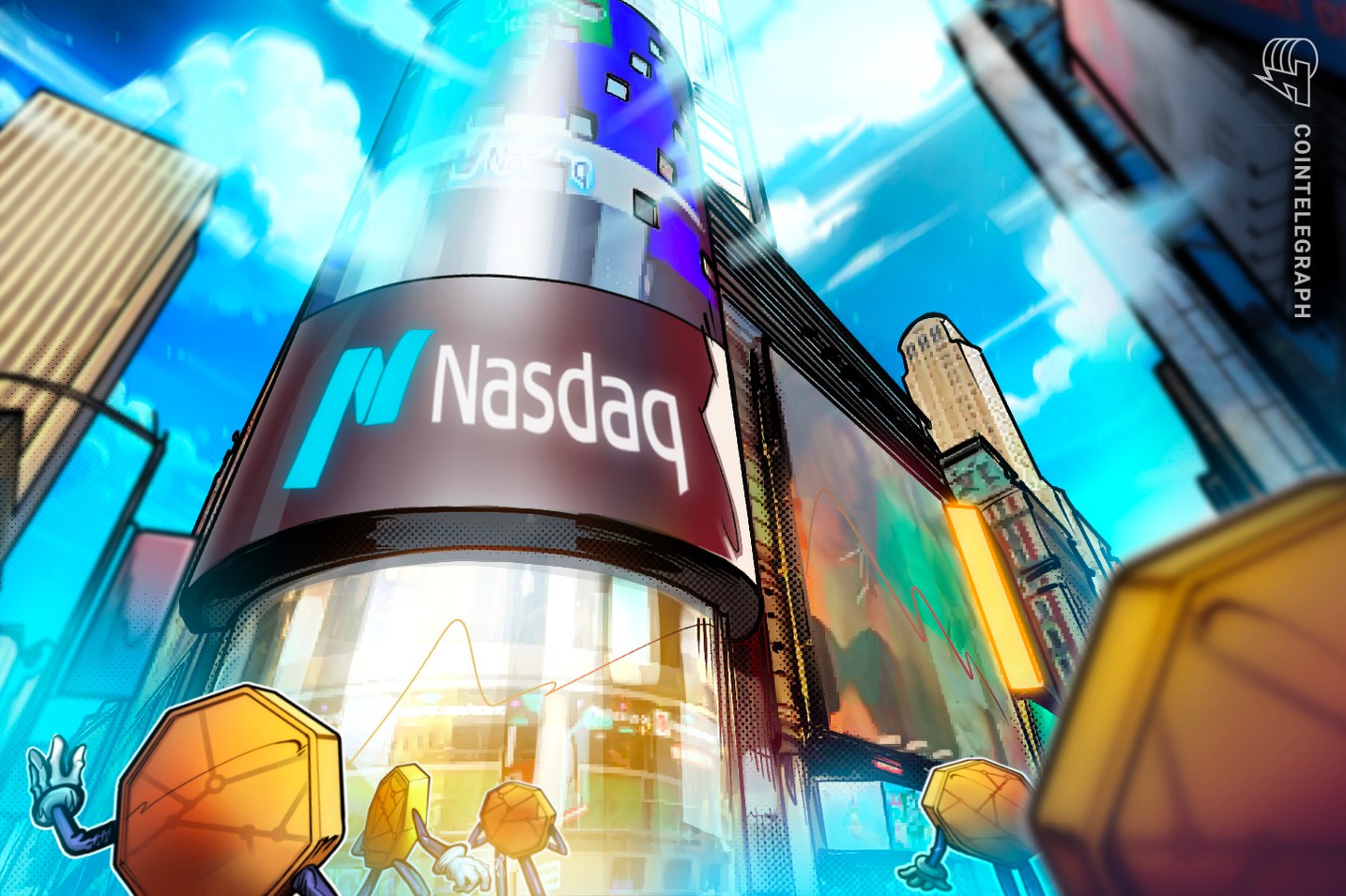
In a recent letter addressed to the U.S. Securities and Exchange Commission (SEC), Ondo Finance urged the commission to either delay or reject Nasdaq’s plan to facilitate the trading of tokenized securities. Ondo argues that the proposal lacks clarity regarding key settlement processes, which could disproportionately benefit established market participants.
In their letter, shared publicly this Wednesday, Ondo, a blockchain firm that creates tokenized versions of conventional assets, emphasized that both regulators and investors require comprehensive information about the operational methodology of the Depository Trust Company (DTC) regarding blockchain-based settlements. The DTC is critical as it serves as the primary repository for U.S. securities and manages their post-trade settlement process.
While recognizing the potential advantages of Nasdaq’s support for tokenization, Ondo expressed concerns that the reference to undisclosed information might provide some firms with an unfair advantage in responding to the proposal.
Moreover, Ondo pointed out that the implementation of Nasdaq’s rule is contingent on the DTC finalizing its settlement system, arguing that there is no urgency to approve until more clarity is provided. The firm urged the SEC to prioritize open collaboration and clear standards before making any decision.
Background on the Proposal
Ondo’s communication is a direct response to Nasdaq’s filing made on September 8, in which the exchange sought to update its regulations to allow trading in tokenized assets, a move closely watched in the financial sector.
If allowed, this initiative would enable the trading of tokenized shares alongside traditional stock, with settlements managed through the DTC’s future technology designed for these tokenized investments.
The proposal was published in the Federal Register on September 22, initiating the SEC’s review process, which is set to last 45 days and may extend through November, depending on the circumstances.
The Potential Impact of Tokenization
The ongoing discussions surrounding the inclusion of Nasdaq stocks in the tokenization process come at a time when other platforms are launching or planning to offer tokenized types of U.S. equities. For instance, Robinhood recently unveiled a layer-2 blockchain to facilitate trading of tokenized U.S. stocks and ETFs in Europe.
Additionally, firms like eToro and Kraken are also entering this market, indicating a significant trend toward the digitization of stock assets, which some analysts claim could challenge the established order of traditional stock exchanges.



